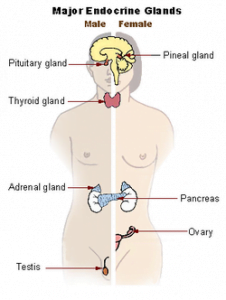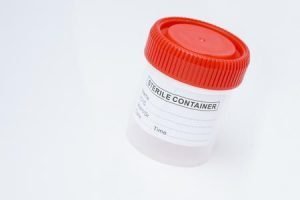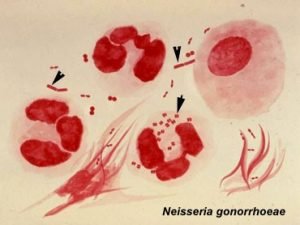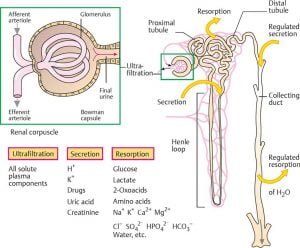
Phylum PORIFERA : General Characteristics and Classification
Porifera (L., porus = pore; forre = to bear) Also called: Republic of Cells General Characteristics Sponges are sessile, sedentary and marine except for Family... Read more
Your Trusted Student Notes

Porifera (L., porus = pore; forre = to bear) Also called: Republic of Cells General Characteristics Sponges are sessile, sedentary and marine except for Family... Read more

Protozoa (Gr., protos = first; zoon = animal) General Characteristics Microscopic and acellular animals Solitary or colonial Body naked or covered by pellicle and provided... Read more

Learn the basics of HACCP - Hazards Analysis Critical Control Point. Understand its terminologies, types of hazards, and principles. Read more

A nerve impulse is the electric signals that pass along the dendrites to generate a nerve impulse or an action potential that occur in a neuron... Read more

Endocrine glands: Secrete chemicals called hormones (to excite) into the blood (have no ducts) which is transported to the site of action. Generally control long... Read more

Specimen Collection Pulmonary tuberculosis: threat to both patients and others so sample should be collected and handled in a safe manner. Successful identification of pathogens... Read more

VITAMIN A Retinol Biologically active forms – retinoids: retinol, retinal, retinoic acid. Major vit. A precursor (provitamins) → plants carotenoids. The foodstuff of animals origin... Read more

Neisseria gonorrhoeae Etiology of Gonorrhea Greek (gonos – seed and rhoia- flow) First described in urethral discharge by Neisser in 1879 Cultured by Bumm in... Read more

Mammals excrete their nitrogenous waste products in the form of urea and hence they are called ureotelic organisms. The urea is produced in liver and... Read more